Forklift Pulley Belts: An Essential Component for Material Handling
Forklift pulley belts are integral to the seamless operation of material handling equipment. These belts play a pivotal role in the transmission of power to various parts of a forklift, ensuring efficient movement and handling of goods across numerous industries.
Types and Specifications
There is a diverse array of forklift pulley belts tailored to meet the demands of different material moving machines. From compact trolleys to robust forklifts, these belts come in various sizes and load capacities. The wheels, an essential component of these systems, range from a modest 10 inches to larger dimensions suitable for heavy-duty applications. Materials used in these belts include durable rubber and resilient plastic rims, designed to withstand the rigors of industrial environments.
Applications and Features
The application of forklift pulley belts extends across various types of wheels and tires. Non-inflatable tires, a popular choice, eliminate the risk of punctures, enhancing reliability. Larger equipment, such as forklifts, utilize solid tires that vary in size and are reinforced with steel rings for added durability. These belts are crafted to support a range of capacities, typically from 100kgs to 150kgs, catering to different operational requirements.
Materials and Construction
The construction of forklift pulley belts involves materials chosen for their strength and endurance. Rubber compounds provide flexibility and grip, while the incorporation of plastic and steel elements ensures the belts can sustain substantial loads. The non-inflatable nature of many forklift tires is attributed to their solid construction, which is often reinforced to prevent common wear and tear.
Advantages of Using Quality Belts
Utilizing quality forklift pulley belts translates to enhanced performance and longevity of material handling equipment. These belts are designed to offer stability and reduce maintenance needs, ensuring that forklifts and trolleys operate smoothly. The non-inflatable design of many belts further adds to their practicality, providing a dependable solution for businesses looking to minimize downtime.
Comprehensive Range of Material Handling Components
In addition to forklift pulley belts, a comprehensive range of material handling components is available to meet various operational needs. This includes but is not limited to, forklift motors, lifting cranes, and conveyor belt parts. Each component is designed to integrate seamlessly with existing systems, ensuring that businesses can maintain or enhance their material handling capabilities efficiently.



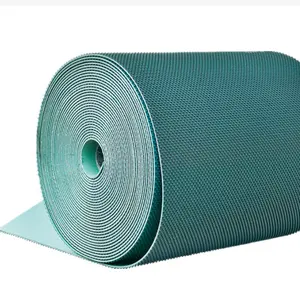

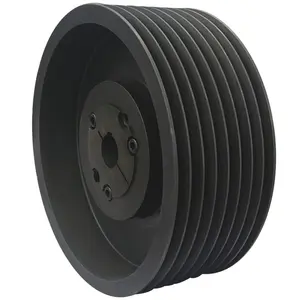

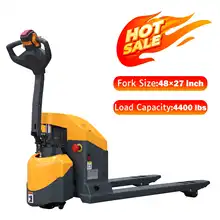



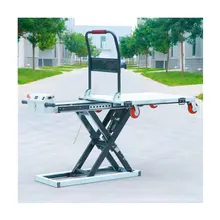



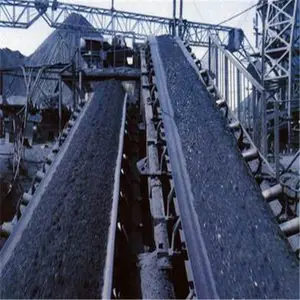
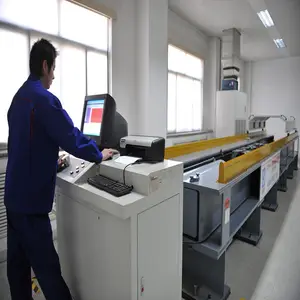













 浙公网安备 33010002000092号
浙公网安备 33010002000092号 浙B2-20120091-4
浙B2-20120091-4